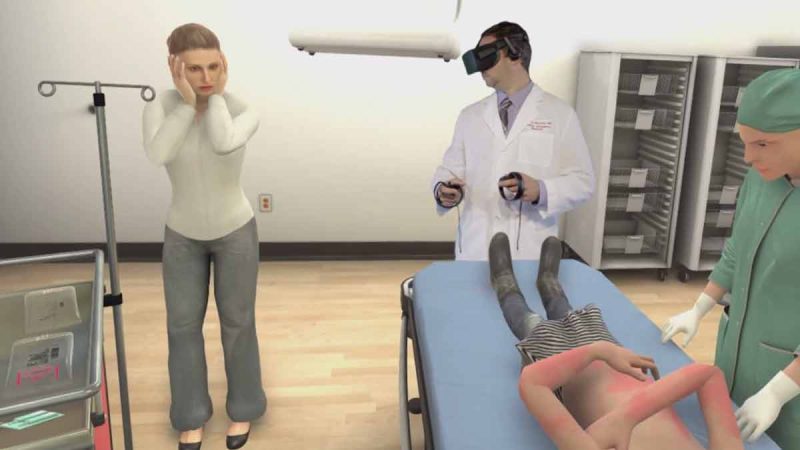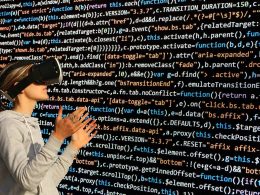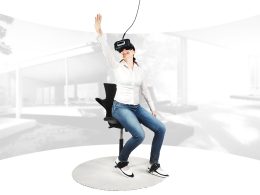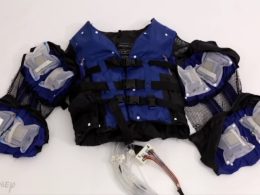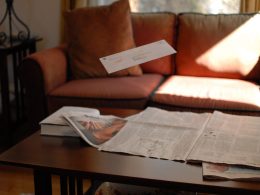The VR for Good training application is intended to benefit doctors and children at Children's Hospital Los Angeles. Doctors use Oculus Rift to train for particularly stressful and critical emergencies and develop routines that could make the difference between life and death in everyday clinical practice.
Together with the Los Angeles Children's Hospital, Oculus is developing a virtual reality training programme called VR for Good, which puts medical students and assistants in rare, high-risk emergency situations. Scenarios are simulated in which survival-critical decisions have to be made within a fraction of a second.
According to Oculus the virtual reality simulation can depict these emergencies in a realistic way, including paramedics, nurses and technicians giving instructions and pressurising decisions. Even distraught parents praying for their child's life have been integrated into the simulation.
Oculus implemented the case study for the paediatric clinic together with the companies Bioflight VR and AISolve who specialise in immersive training with VR glasses. The training scenarios in the application are based on real cases that were treated in the paediatric clinic.
The use of VR in hospitals is nothing new. We have already reported on how the University Hospital Zurich is using the Infection prevention with VR or how the Insel Spital Bern promotes AR and mixed reality for the Neurosurgery is used.
VR training solves ethical dilemma
According to Oculus, training in virtual reality solves an ethical dilemma: serious emergencies are rare, but the risks involved in treatment are high. VR is intended to help practise optimal behaviour in such situations without exposing patients to increased risk.
According to emergency physician Josh Sherman, initial trial runs for medical resuscitation have been positive. "Even doctors with little experience in video games quickly got to grips with it and gave very good feedback," says Sherman.
According to Sherman, the stress reactions in the VR simulation were similar to those in reality. "Our trainees know it's a simulation, but it feels real - that makes a big difference." Through frequent repetition, doctors can develop routines and then call them up when a real emergency arises. The emotional involvement also seems to be enormously high with this method.
According to Oculus, this cooperation is just one example of the worldwide endeavours to use VR in research, for simulations and for training.
Source:Vrodo





